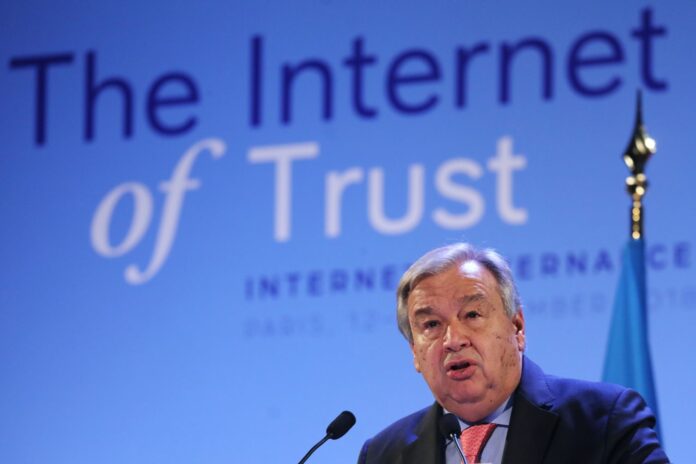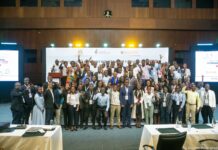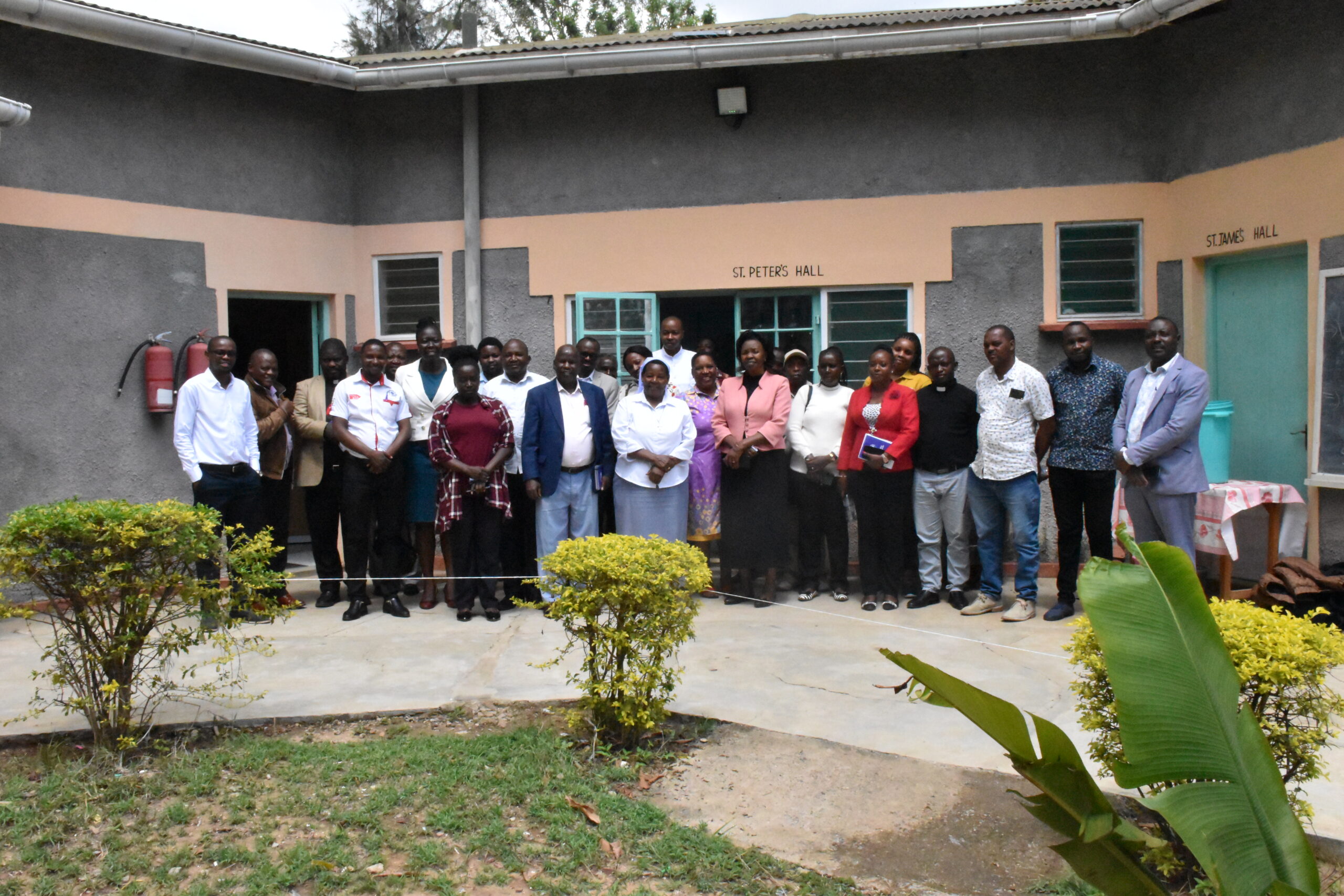Washington, USA: Under the guise of giving China and the Global South a strong voice on artificial intelligence policy, United Nations bureaucrats are trying to take over AI governance. Democracies object.
Everybody, it seems, wants to govern AI. The G7 “Hiroshima AI Process” produced voluntary guiding principles. The UK and South Korea held AI Safety summits. The US, Japan, and Canada, among others, have set up AI safety institutes. The Strasbourg-based Council of Europe produced a treaty on AI’s impact on human rights and the rule of law and the European Union legislated the AI Act. The OECD, the G20, and UN specialized agencies such as the ITU, and UNESCO have ongoing AI efforts.
Not to be left out, the UN headquarters in New York is now getting into the act. With the stated intent of “fostering a globally inclusive approach,” UN Secretary General Antonio Guterres established a High-Level AI Advisory Board. But the US and its allies worry that the UN involvement could open the door to China and autocratic control over the revolutionary technology.
The UN’s goal is laudable: ensure that the Global South is included in AI governance. The problem is that the UN works in a secretive, opaque fashion. Established in October 2023, the high-level board put out interim recommendations only two months later. While the board itself includes ALL specialists such as OpenAI’s CTO Mira Murati and Sony’s CTO Hiroaki Kitano, as well as leading academics and politicians from Sweden, Germany, and Spain, the speed left observers questioning whether the exercise was simply a fig leaf for UN New York staff aspirations.
 During the first quarter of 2024, the high-level board held a series of seemingly perfunctory stakeholder consultations, only to ignore most if not all the feedback it received. While a final report has yet to be publicly posted a version labeled “DRAFT Final Report, July 7, 2024” has been circulating. It calls for the creation of a bevy of new bureaucratic instruments. An International Scientific Panel on AI will produce annual reports on emerging areas of risk and governance gaps. A new twice-year Policy Dialogue on AI governance will share best practices. There will be a new UN capacity development network, an AI Standards Exchange, a global AI fund, and a global AI Data Framework. A New York-based AI office would manage the hodgepodge of boards and bodies.
During the first quarter of 2024, the high-level board held a series of seemingly perfunctory stakeholder consultations, only to ignore most if not all the feedback it received. While a final report has yet to be publicly posted a version labeled “DRAFT Final Report, July 7, 2024” has been circulating. It calls for the creation of a bevy of new bureaucratic instruments. An International Scientific Panel on AI will produce annual reports on emerging areas of risk and governance gaps. A new twice-year Policy Dialogue on AI governance will share best practices. There will be a new UN capacity development network, an AI Standards Exchange, a global AI fund, and a global AI Data Framework. A New York-based AI office would manage the hodgepodge of boards and bodies.
The bureaucratic mumbo jumbo smells of a backroom UN power grab. While the high-level board was still debating its draft, the core proposals mysteriously appeared as part of the institution’s Global Digital Compact. That’s the UN initiative to forge an “inclusive global framework, essential for multi-stakeholder action required to overcome digital, data and innovation divides.”
It’s a misguided project. Authoritarian governments have long angled for the UN to impose their version of a censored net. A decade ago, Moscow and Beijing teamed up with Arab authoritarians at a Dubai meeting of the UN’s International Telecommunication Union. The US, Europe, Japan, and others joined together to keep the present multistakeholder, decentralized Internet governance.
But the UN just won’t give up. Concerns of UN overreach plague the new debate on the Global Digital Compact. New York developed the current draft under the so-called “silence procedure” which is basically a mechanism to pressure everyone to agree to documents as is, even if it contains problematic language. For the greater good, governments will overlook concerns that typically would be resolved in direct, open negotiations and instead rely on backroom side conversations.
The current AI proposals deviate from an agreement by governments on AI reached in March of this year at the UN General Assembly. They also fail to recognize and build on the already extensive AI work across the UN system by specialized expert agencies that are more open and participatory than the headquarters of the Secretary General.
In part because of the AI related proposals, the US, Europe, Canada, New Zealand, Australia, and Japan have broken the silence procedure. Their rebuke left everyone in the dark on the next steps as summer vacations begin. How we get to the next version remains a mystery. Will actual negotiations take place or will there just be bureaucratic managed maneuvers?
Why Secretary General Guterres and his team continue to race forward remains unknown, leading to speculation that he is engaging in an exercise of attempted bureaucratic empire building. Guterres is scheduled to make proposals on implementing the Global Digital Compact at the General Assembly in September. The Assembly opens on September 10, a full 12 days before the UN’s Summit of the Future where the new digital compact is actually scheduled to be adopted. The compressed timeline highlights the shell game UN bureaucrats play to obfuscate any real oversight.
The maneuvering proves that the UN headquarters is unfit to lead digital policy discussions. After more than two decades of global digital policymaking in open, transparent, participatory multi stakeholder forums, decisions about the Internet and our digital future should not be moved behind Guterres’ closed New York doors.
This article was earlier published on CEPA by Fiona M. Alexander who is a Senior Fellow for the Digital Innovation Initiative at CEPA. She is both a Distinguished Policy Strategist in Residence at the School of International Service and a Distinguished Fellow at the Internet Governance Lab at the American University in Washington. She is a former Department of Commerce official, specializing in technology policy.
Bandwidth is CEPA’s online journal dedicated to advancing transatlantic cooperation on tech policy. All opinions are those of the author and do not necessarily represent the position or views of the institutions they represent or the Center for European Policy Analysis.














